
The agency's decision was based on data from the phase 3 VIITAL study (NCT04227106).
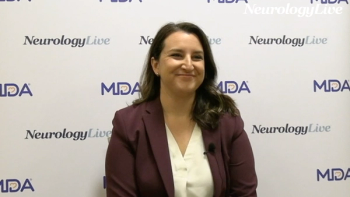
The chief scientific officer at Precision Biosciences discussed the durable potential of ARCUS gene editing and the company’s next steps toward in-human trials for Duchenne muscular dystrophy.

Linda Marbán, PhD, the CEO of Capricor Therapeutics, discussed clinical data presented at MDA’s 2025 meeting.

The chief scientific officer at Precision Biosciences discussed the ARCUS gene editing platform and its potential application in Duchenne muscular dystrophy through a durable, AAV-delivered therapeutic strategy.

Review top news and interview highlights from the week ending April 25, 2025.

The FDA’s decision was supported by data indicating overall survival benefit for patients with brain tumors from the phase 1 BrainChild-03 clinical trial.

Notably, AMT-130 has previously been granted regenerative medicine advanced therapy, orphan drug, and fast track designations by the agency.

Catch up on the latest news, breakthroughs, and announcements from biotechnology companies making advancements in cell and gene therapies.
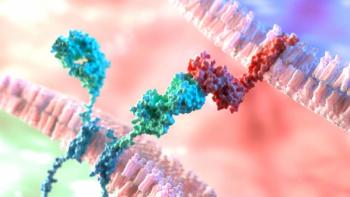
During the 12-month study, Descartes-08 was deemed well-tolerated.


Matthew Wicklund, MD, a professor of neurology at the University of Texas Health Science Center San Antonio, discussed the genetic basis of oculopharyngeal muscular dystrophy, as well as the primary challenges in diagnosing and treating the condition.

Tami John, MD and Shalini Shenoy, MD, MBBS, offer insight into the clinical experience of patients treated with Casgevy and Zynteglo thus far.

Renier Brentjens, MD, PhD, the chair of the department of medicine at Roswell Park Comprehensive Cancer Center, discussed the need to bring more innovations from nonclinical research to patients.

Renier Brentjens, MD, PhD, the chair of the department of medicine at Roswell Park Comprehensive Cancer Center, discussed his views on toxicities and costs associated with CAR-T, and when and how the field should address them.

Review top news and interview highlights from the week ending April 18, 2025.

Cassandra Gorsuch, PhD, chief scientific officer at Precision Biosciences, discussed the company’s ARCUS gene editing platform, which is being assessed for Duchenne muscular dystrophy.

Renier Brentjens, MD, PhD, the chair of the department of medicine at Roswell Park Comprehensive Cancer Center, discussed his view on how the cell therapy field should proceed with regard to innovation.
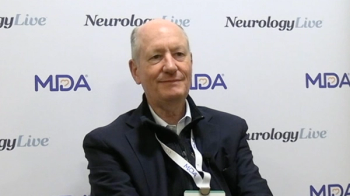
The professor of neurology at the University of Texas Health Science Center San Antonio discussed discussed challenges of therapeutic development for OPMD.

Catch up on the latest news, breakthroughs, and announcements from biotechnology companies making advancements in cell and gene therapies.

Verve noted that a patient treated at the 0.6 mg/kg dose showed the maximum decrease in LDL-C levels: 69%.
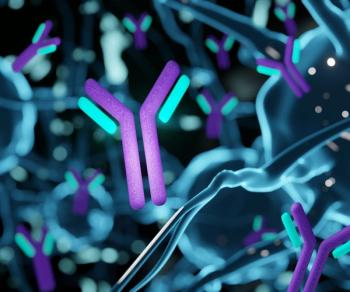
FT819 is currently being evaluated in a multicenter phase 1 clinical trial.

Renier Brentjens, MD, PhD, the chair of the department of medicine at Roswell Park Comprehensive Cancer Center, discussed the innovations necessary to make CAR-T therapy effective in solid tumor indications.

The professor of neurology at the University of Texas Health Science Center San Antonio discussed the genetic basis of oculopharyngeal muscular dystrophy, as well as the primary challenges in diagnosing and treating the condition.

Review top news and interview highlights from the week ending April 11, 2025.

In observance of World Parkinson's Day, held annually on April 11, we took a look back at the past year's news in cell and gene therapy for PD.

The chair of the department of medicine at Roswell Park Comprehensive Cancer Center discussed the need to bring more innovations from nonclinical research to patients.

The data come from patients treated across 2 studies.

Catch up on the latest news, breakthroughs, and announcements from biotechnology companies making advancements in cell and gene therapies.

The chair of the department of medicine at Roswell Park Comprehensive Cancer Center discussed his views on toxicities and costs associated with CAR-T, and when and how the field should address them.
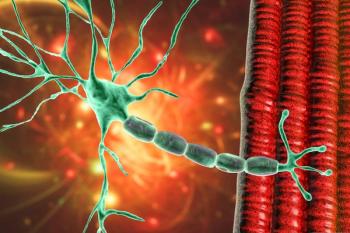
A recent patient death following treatment with the gene therapy raised concerns for the European Medicines Agency.